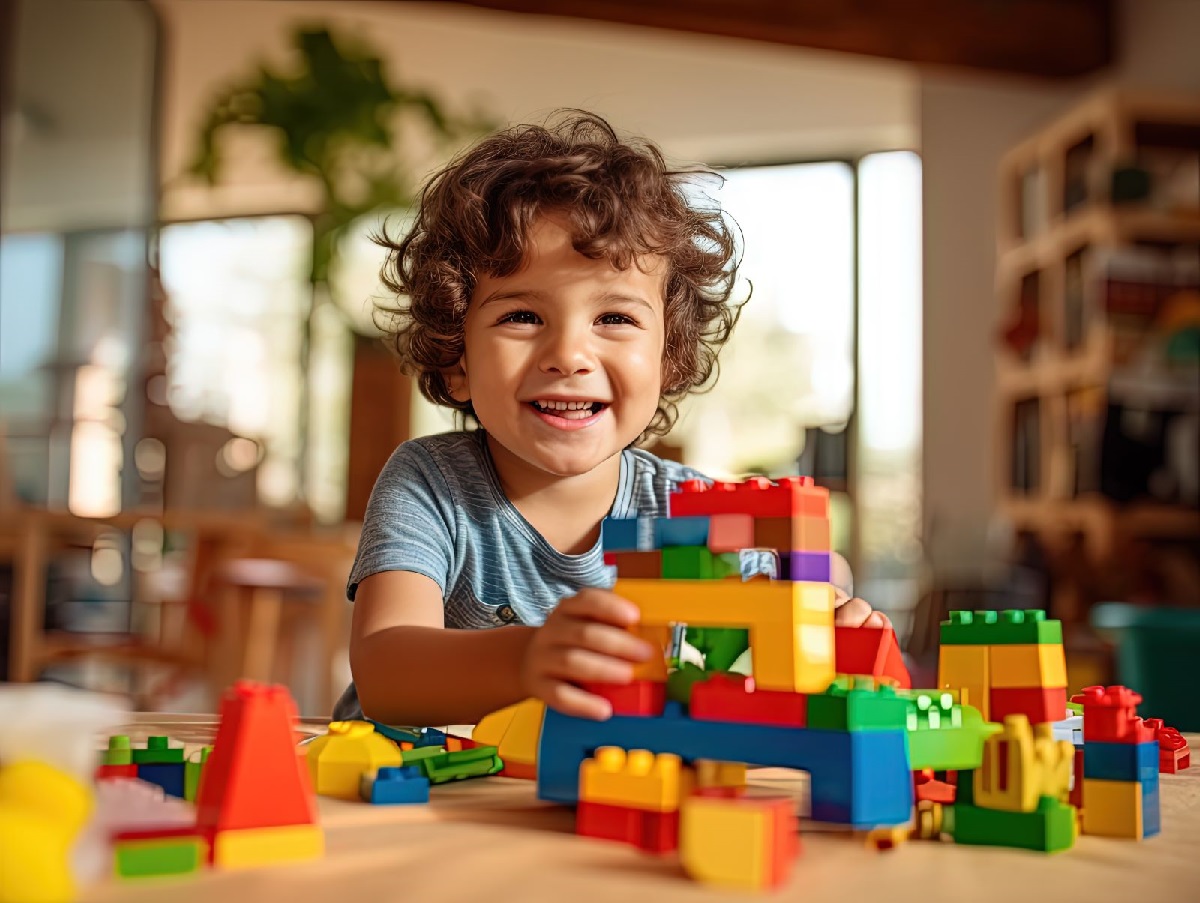
Why is play so important for children? Play is more than just fun and games. It helps kids learn, grow, and develop in ways that are crucial for their future. Play boosts creativity, problem-solving skills, and social interactions. It teaches them how to work in teams, share, and resolve conflicts. Physical play keeps them active and healthy, while imaginative play expands their minds. Play even helps with emotional development, allowing children to express feelings and cope with stress. Without play, kids miss out on essential life skills. So, next time you see children playing, remember, they’re not just having fun—they’re learning to navigate the world.
Key Takeaways:
- Play is essential for kids' growth. It helps with physical, mental, and emotional development, teaching important skills like problem-solving, teamwork, and creativity.
- Different types of play offer unique benefits. Whether it's free play, structured play, outdoor play, or solo play, each type contributes to a child's development in its own special way.
The Importance of Play in Childhood Development
Play is more than just fun for kids. It’s a crucial part of their growth and learning. Here are some fascinating facts about how play shapes childhood development.
- Play helps children develop motor skills. Running, jumping, and climbing improve coordination and strength.
- Imaginative play boosts creativity. Pretending to be different characters or inventing scenarios enhances creative thinking.
- Social skills grow through group play. Kids learn to share, take turns, and resolve conflicts.
- Play reduces stress and anxiety. It provides an outlet for emotions and helps kids relax.
- Problem-solving skills are honed during play. Figuring out how to build a tower or solve a puzzle encourages critical thinking.
Cognitive Benefits of Play
Play isn’t just physical; it’s also a mental workout. It helps children develop essential cognitive skills.
- Memory improves through play. Games that require remembering rules or sequences boost memory.
- Language skills are enhanced. Talking during playtime expands vocabulary and communication abilities.
- Attention span increases. Engaging in play helps kids focus for longer periods.
- Numeracy skills develop. Counting blocks or sorting shapes introduces basic math concepts.
- Spatial awareness is sharpened. Understanding how objects fit together improves spatial reasoning.
Emotional and Social Growth Through Play
Playtime is a key factor in emotional and social development. It teaches kids about themselves and others.
- Self-esteem grows. Achieving goals in play builds confidence.
- Empathy is learned. Playing with others helps kids understand different perspectives.
- Emotional regulation improves. Kids learn to manage their feelings during play.
- Friendships are formed. Play provides opportunities to make and strengthen friendships.
- Teamwork skills develop. Working together in games fosters cooperation.
Types of Play and Their Unique Benefits
Different types of play offer various benefits. Each kind of play contributes uniquely to a child’s development.
- Free play encourages independence. Kids make their own decisions and rules.
- Structured play teaches discipline. Following rules and instructions enhances self-control.
- Outdoor play promotes physical health. Fresh air and exercise are vital for a healthy body.
- Indoor play can be educational. Board games and puzzles stimulate the mind.
- Solo play fosters self-reliance. Playing alone helps kids become comfortable with themselves.
The Role of Play in Learning
Play is a powerful educational tool. It makes learning enjoyable and effective.
- Play-based learning is engaging. Kids absorb information better when they’re having fun.
- Hands-on activities reinforce concepts. Manipulating objects helps solidify understanding.
- Role-playing teaches real-world skills. Pretending to shop or cook introduces practical knowledge.
- Storytelling enhances literacy. Creating and telling stories improves reading and writing skills.
- Science experiments during play spark curiosity. Exploring how things work encourages scientific thinking.
The Impact of Technology on Play
Technology has changed how kids play. It offers new opportunities but also presents challenges.
- Educational apps can be beneficial. They provide interactive learning experiences.
- Video games improve hand-eye coordination. Playing games can enhance reflexes and precision.
- Screen time needs balance. Too much can affect physical activity and social interactions.
- Virtual playdates connect friends. Technology allows kids to play together even when apart.
- Parental guidance is crucial. Monitoring and setting limits ensures technology is used positively.
The Power of Play
Play shapes childhood in countless ways. It boosts creativity, social skills, and problem-solving abilities. Kids learn to navigate emotions and build friendships through simple games. Playtime isn't just fun; it's crucial for development.
From imaginative play to structured games, every form of play has unique benefits. It helps kids understand the world, develop motor skills, and even improve academic performance. Parents and educators should encourage diverse play activities to foster well-rounded growth.
Remember, play isn't a luxury—it's a necessity. It lays the foundation for a healthy, happy, and successful future. So, let kids be kids. Encourage them to explore, imagine, and play. Their future selves will thank you.
Frequently Asked Questions
Was this page helpful?
Our commitment to delivering trustworthy and engaging content is at the heart of what we do. Each fact on our site is contributed by real users like you, bringing a wealth of diverse insights and information. To ensure the highest standards of accuracy and reliability, our dedicated editors meticulously review each submission. This process guarantees that the facts we share are not only fascinating but also credible. Trust in our commitment to quality and authenticity as you explore and learn with us.
